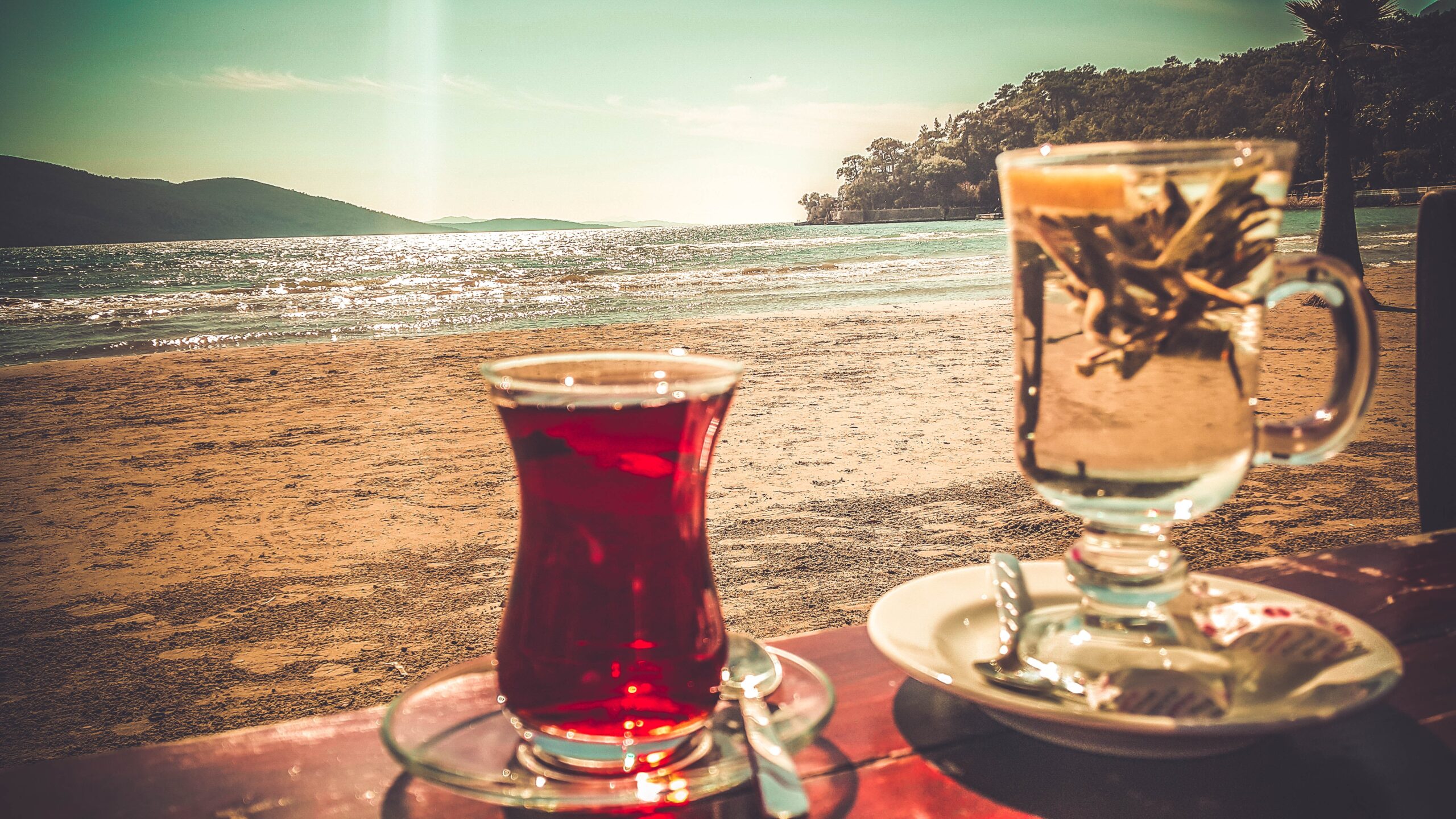Equally coffee and tea feature amazing health advantages if drunk moderately. Both consist of caffeine that assists asthma by relaxing the lung’s air passage as well as constrict arteries in the mind, reducing headaches.
Seeing that coffee involves higher caffeine content than tea, coffee drinkers must be more prone to enjoy the caffeine added benefits. However, healthcare pros are now prone to reap the benefits of having tea in place of coffee, and here is why!
Tea Assists With Stress Reduction
Any health care specialist will understand that it is a highly demanding and stressful one. Tea has been discovered to efficiently reduce anxiety due to its chemical properties associated with stress restoration and supporting mental performance somewhat better.
Green tea extract, specifically, works as an antidepressant. Black tea as well has shown to reduce stress hormone levels. Having the ability to decrease stress subsequently burnout the possibility of burnout, a condition a large number of nurses and medical practitioners encounter.
Tea Fortifies The Immunity System
In a healthcare organization, in which bacteria and impurities are abundant, to power up the immunity system is welcome. Studies have unmasked that tea increases the immune protection system to fight bacteria, infections, and attacks, along with distinctive proof that drinking tea boosts the body’s illness fighting defenses. Black tea was identified to have a substance that enhances the disease-fighting capacity, which in turn serves as the first type of defense alongside bacteria and anti-tumor exercises.
More Antioxidants In Tea Than Coffee
The higher quantity of antioxidants in tea implies that it could better protect health. Antioxidants are extremely good for your body because they avoid the oxidation process of substances, something that does occur in everyday activity. Green tea extract and back tea both include high degrees of EGCG, a kind of antioxidant that is associated with several health benefits. Black tea has been found to prevent illnesses such as cancer, heart stroke, and heart attack. Additionally, it may decrease diabetes and enhance the skin’s youthfulness.

Tea Hydrates Your Body Better
Contrary to public thoughts and opinions, tea is not dehydrating. Aside from having the ability to moisturize the body much better than coffee, tea can be suggested for quenching thirst. Nor does it replace fluids, in addition, it provides antioxidants, which water does not have.
Coffee May Cause A Decrease In Energy
The caffeine high you get from coffee lasts for a shorter time and diminishes more rapidly. Therefore, if you do think that you cannot see through the morning at the job without having a cup of coffee, the consequences would just last until lunchtime.
Alternatively, tea keeps all those levels of energy for longer periods that is good for long tiring changes. Which means that it is healthy and keeps health care practitioners in better energy during the day, which can be particularly of use throughout long and occupied shifts? Should you be searching for something to help you during the day, pick tea?
Enjoy Fresh Flavors
Even though coffee can simply exhibit a variety of flavor details, the digesting steps utilized to take coffees from natural to finished product probably leave much less room for flavor variants. While the two teas and coffee can form diverse tastes in reaction to terroir and roasting techniques, teas can also differ significantly predicated on pick date and degrees of the oxidation process. Oxidation is the one part of tea control, which has the most significant influence on the finished product, creating the huge difference between key forms of tea, from sensitive greens to vibrant and hearty black teas. Having recorded good cultivation that extends back over one thousand years, tea makers have the time to build up an unbelievable selection of natural flavors.
Avoid The Caffeine Jitters
Even though a tea leaf contains even more caffeine than coffee, the big difference in generating practices means a bag has significantly less than a cup of coffee. Although a cup of coffee requires about 10 grams of ground coffee, we suggest 3-5 grams of entire tea leaves for a great optimal make of all green teas. Not merely can we use a lesser number of leaves for every cup, the fine contaminants of caffeine release caffeine quicker than whole leaves with fewer exposed surfaces. All this implies that a cup of coffee can contain much more than 10 times as much caffeine just like a cup of tea. Precise amounts differ based on tea style and brewing approach, but it is safe to state a bag is a lot less likely to provide you with the jitters or impact sleep.
Furthermore, a report has discovered that caffeine in tea contains an organic protein referred to as thiamine that can nullify the medical ramifications of consuming an excessive amount of caffeine such as exhaustion, headaches, as well as high blood pressure.

